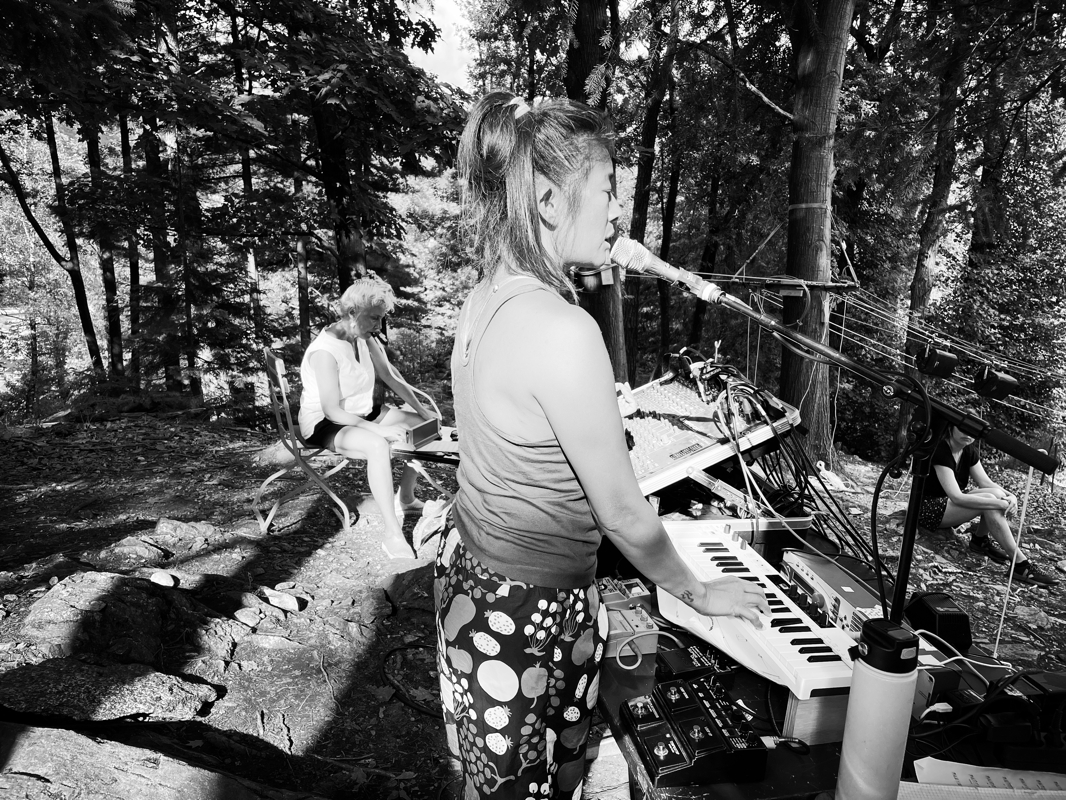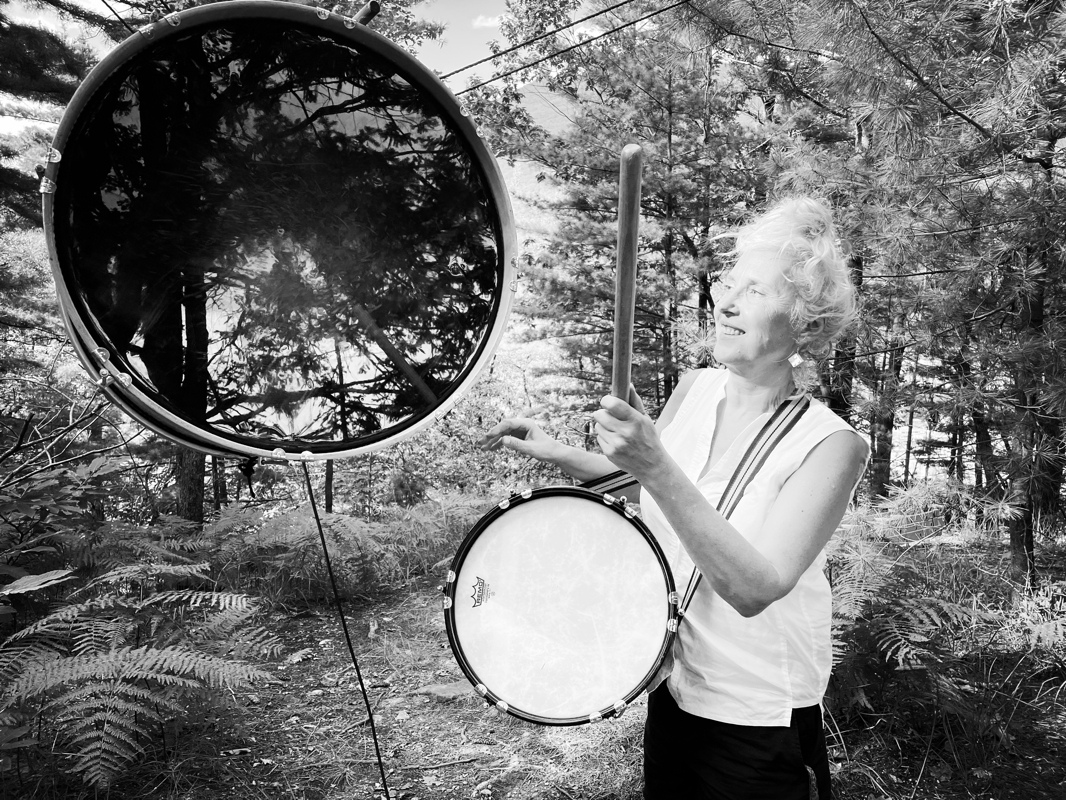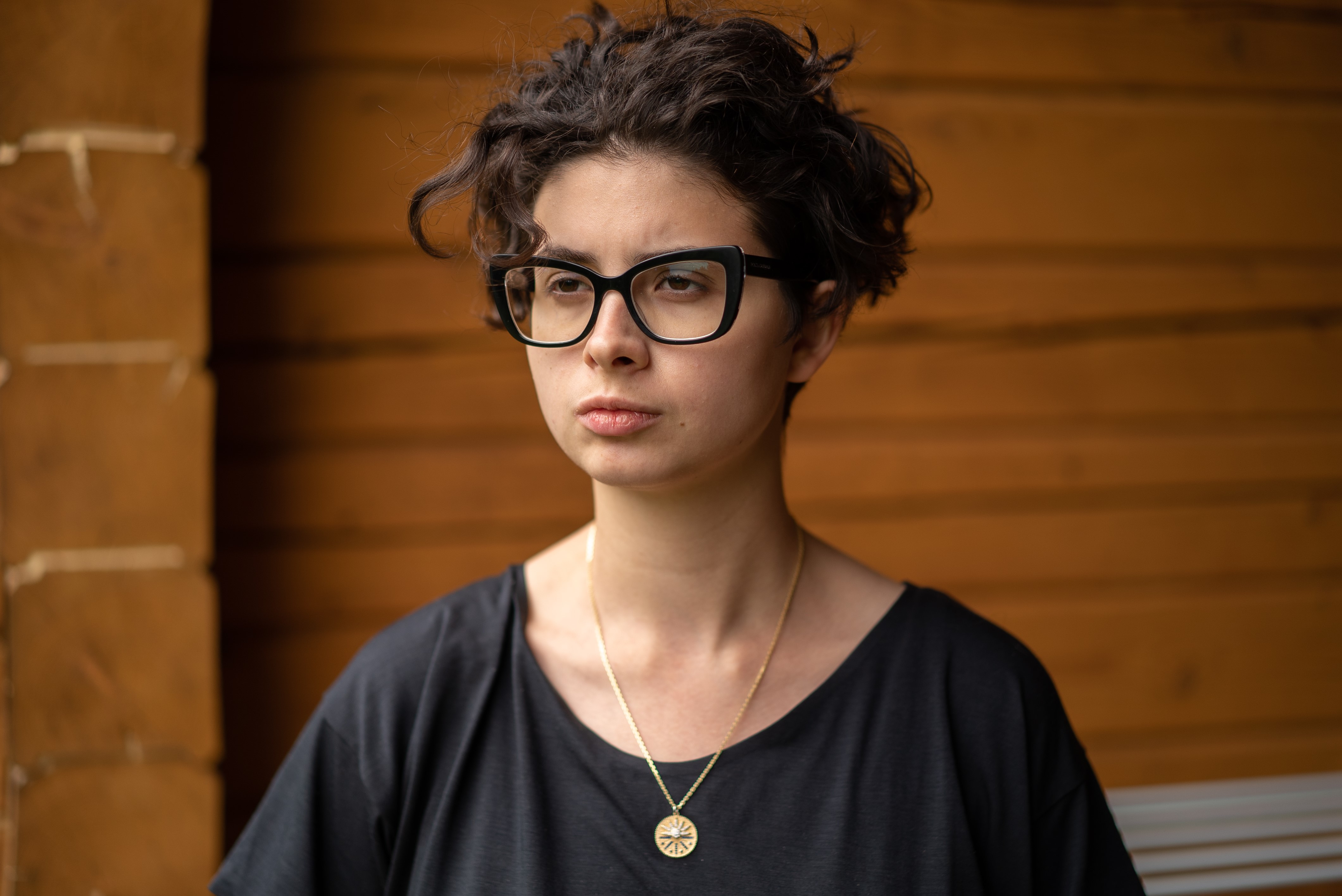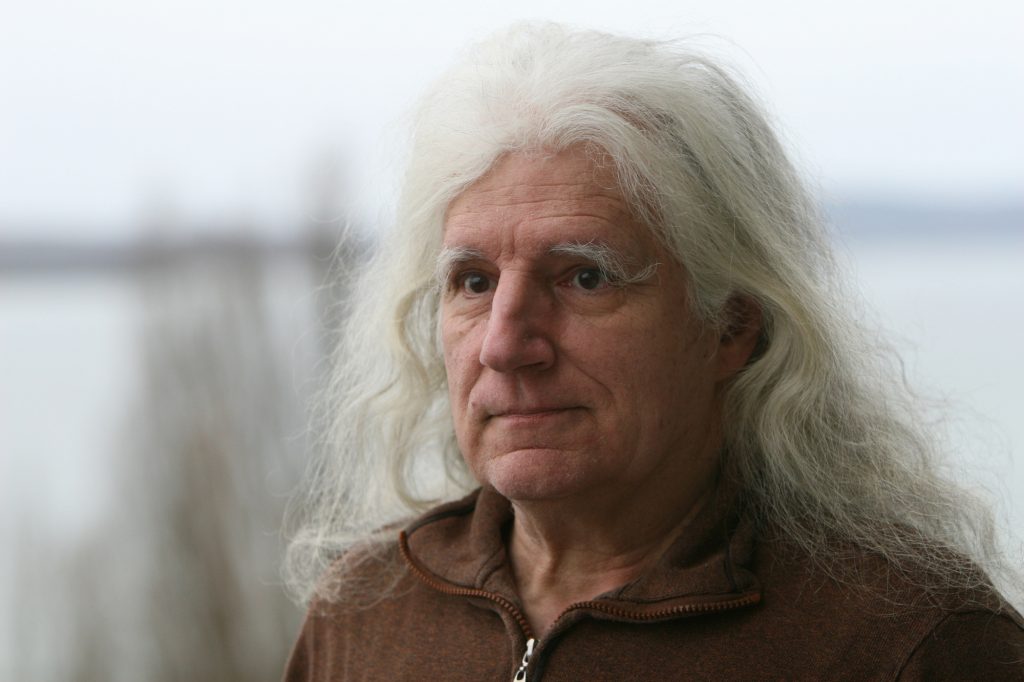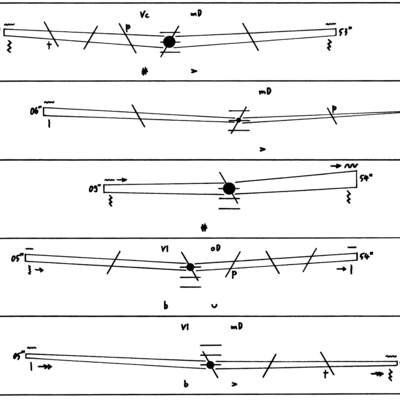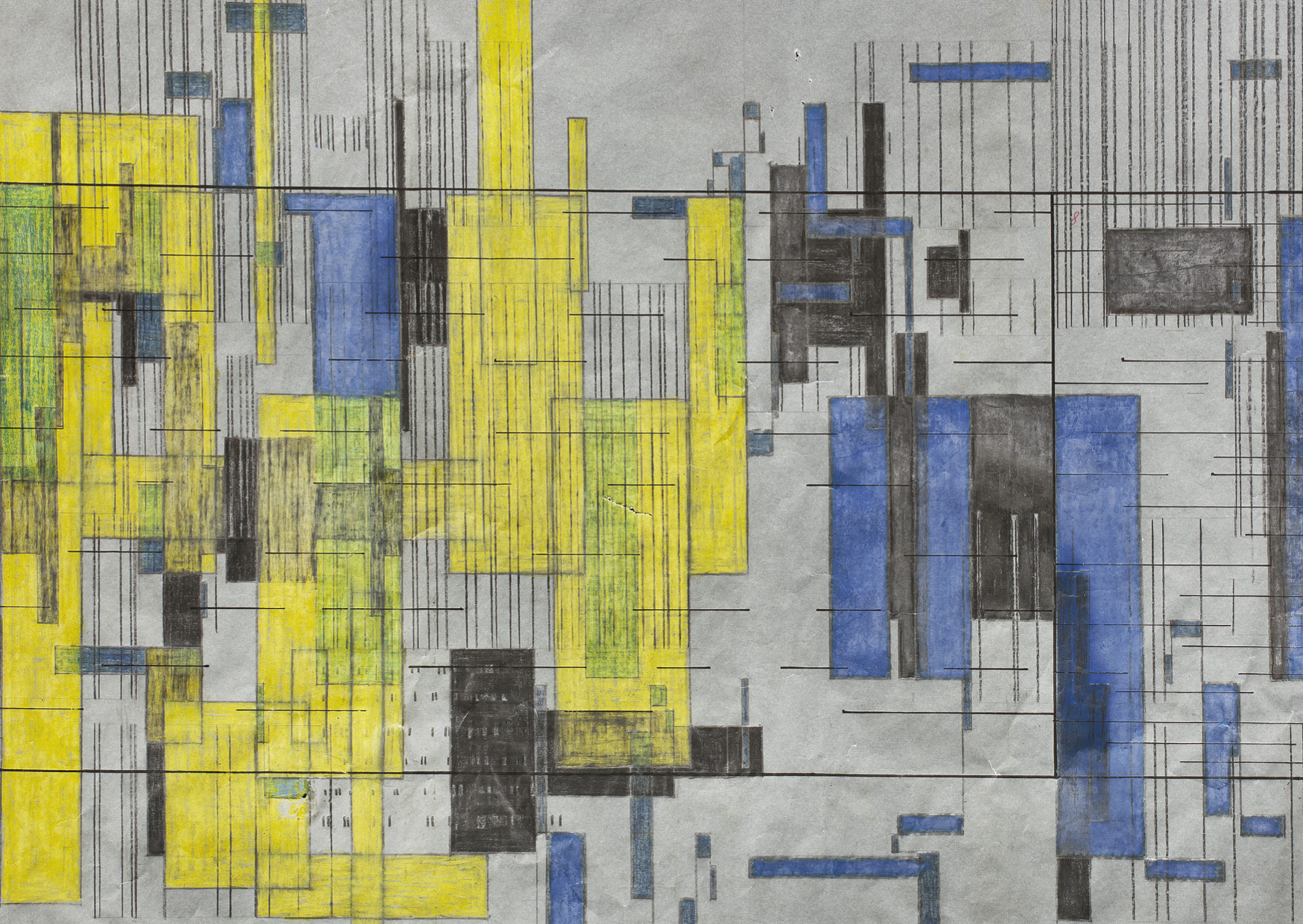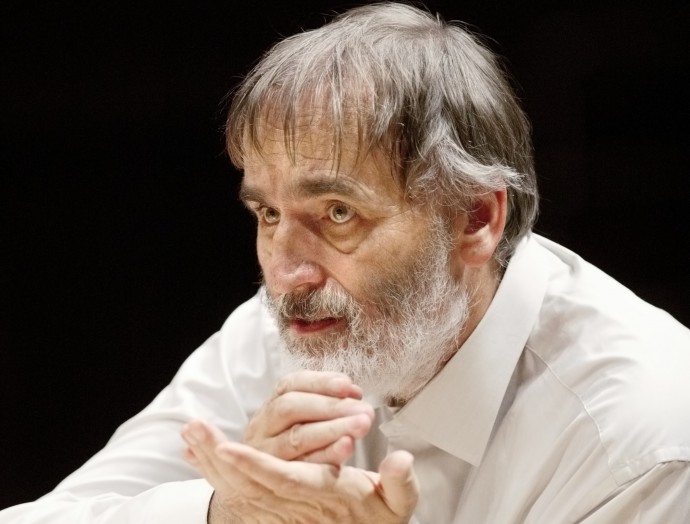Gabrielle Weber: workshop with Arditti Quartet at ZHdK
The London-based Arditti Quartet is synonymous with contemporary music for string quartet. Since 1974, the ensemble led by violinist Irvine Arditti, dedicates itself entirely to the contemporary repertoire, both through concerts and recordings as well as in its work with young composers. At the end of February, during a stop on the quartet’s 50th anniversary concert tour, I accompanied the four musicians to a public workshop at the Zurich University of the Arts (ZHdK).
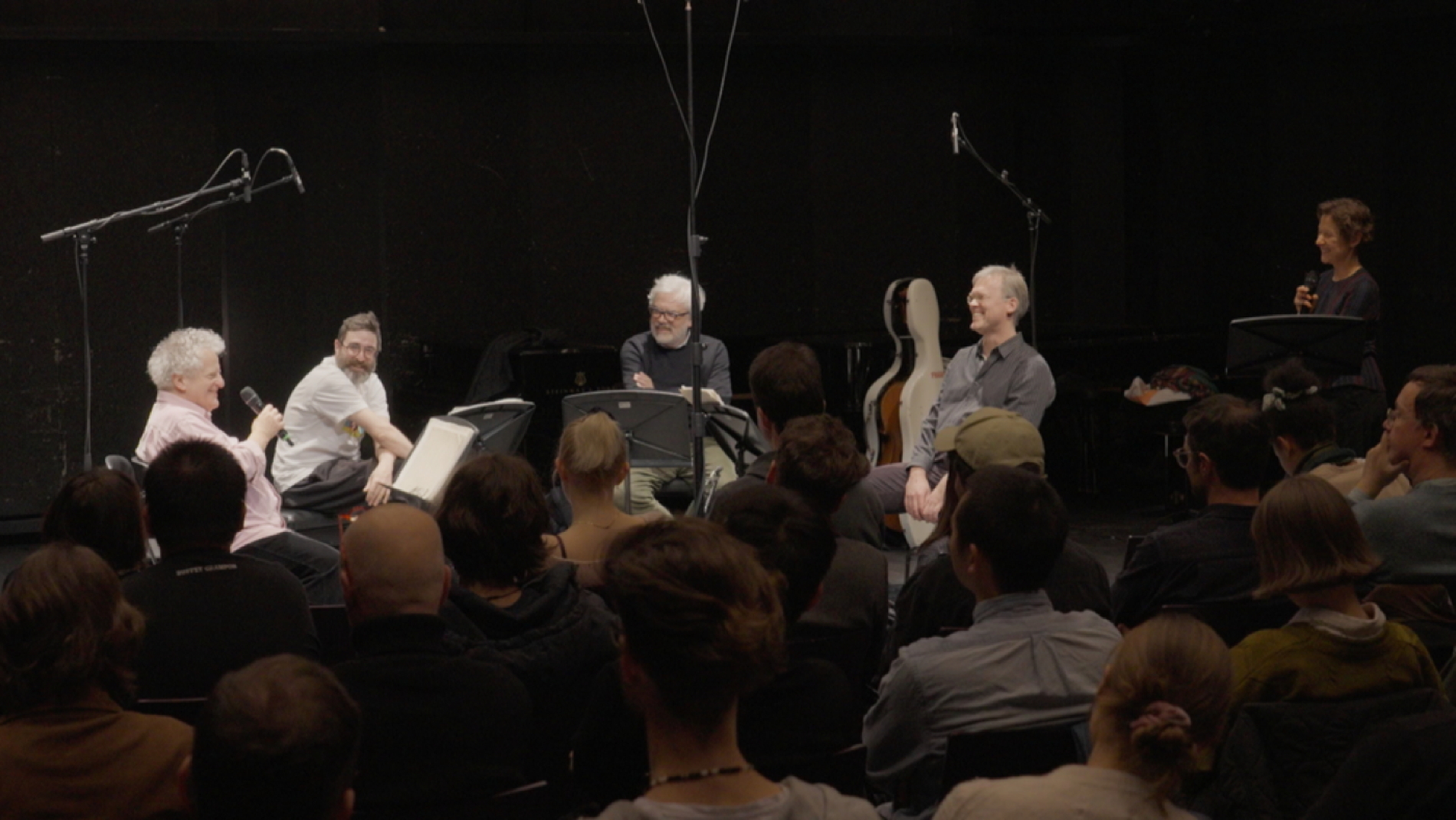
Gabrielle Weber
In a conversation on the evening before the workshop, after a lecture performance, Irvine Arditti tells me that “a piece is good when it fills time and space well’. The lively star violinist with the characteristic grey mop of curls is always somewhat ambiguous and humorous. The music has to ‘work’, regardless of style or type. He is very open regarding quality criteria: ‘We have played many good and many bad pieces. New pieces must first be given the chance to be played. Only then does it become apparent if they are good or bad’.
‘A piece is good when it fills time and space well’
The Arditti Quartet offers precisely such opportunities. Irvine Arditti, first violinist and founder, Lucas Fels, cello, Ashot Sargsyan, second violin and Ralf Ehlers, viola, are curious about young musicians and promote them in a targeted manner. They teach enthusiastically, whether at international festivals such as the Darmstadt Summer Courses for New Music or at music academies such as the ZHdK.
At the lecture performance, they first explained the general challenges of notating and rehearsing new pieces for string quartet, using pieces by composers renowned for their complex compositional style, like Iannis Xenakis and Helmut Lachenmann, and which they had premiered together.
In a lecture performance, the Arditti Quartet exemplified the challenges of composing for string quartet using the piece ‘Tetras’ (1983) by Iannis Xenakis, SRG/SSR 2023.
Together with nine composition students, they rehearsed their new pieces for the final concert the following day. Almost all of them world premieres. Rehearsals take place publicly in the large concert hall.
Schmerzquartett is the title of Franziska Eva Wilhelm’s composition. Wilhelm comes from Munich and has been studying composition with Isabel Mundry in Zurich since autumn 2021. Born in 2003, she is one of the youngest participants in the workshop.
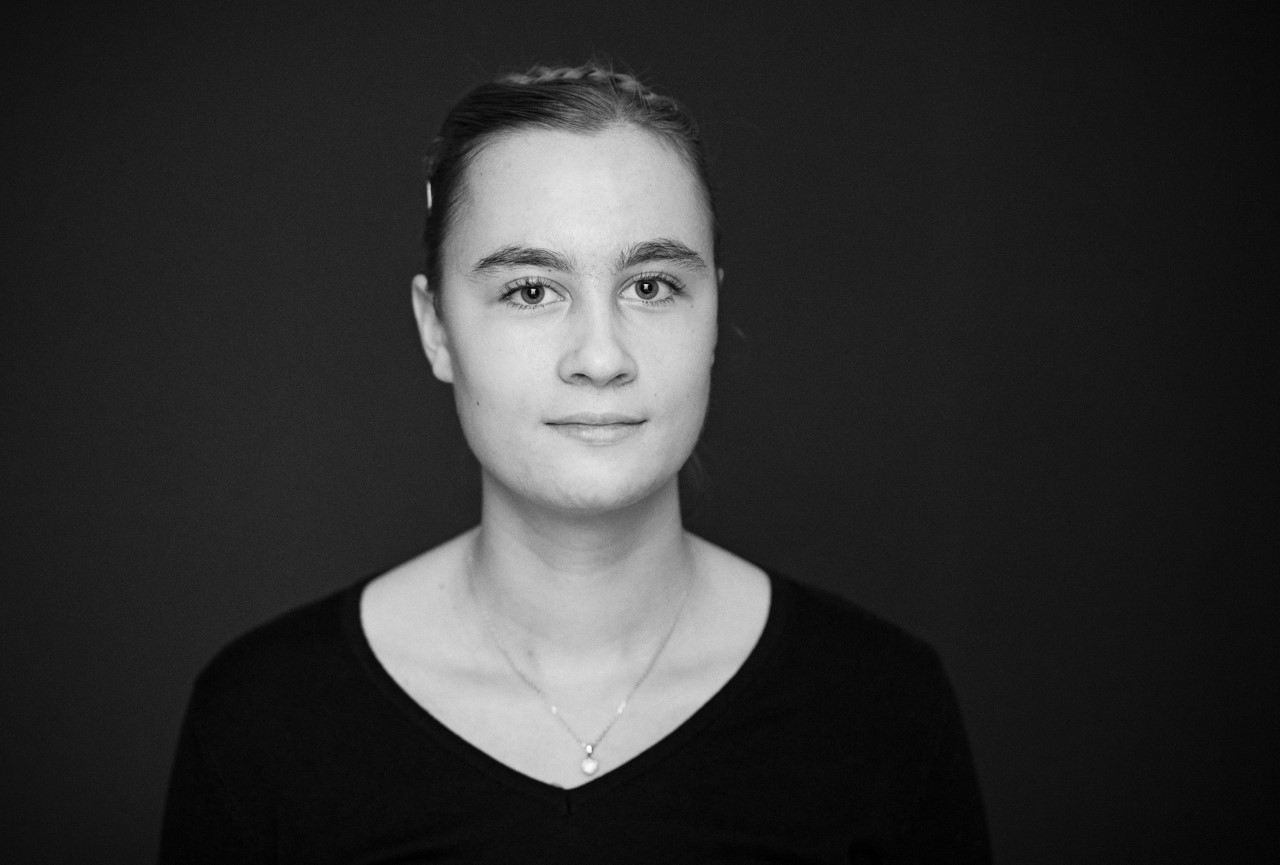
“Pain has a lot to do with friction in my opinion and the sound of string instruments is also created by a kind of friction,” says Wilhelm. “Pain is a difficult subject and I didn’t want to romanticise it. I’m interested in the perception of pain and how it can be embodied in music: rather through texture, than a story”.
Humour is a must
On one hand there’s concentration and work, but also a lot of laughter: At one point, the musicians lose their bearings in the score and Lucas Fels lightens things up with an episode: ‘New York, Carnegie Hall!’ was Sergei Rachmaninoff’s loud reply in the middle of a concert he was conducting when a musician asked where they were. Humour relieves tension and brings the composers together.
Schmerzquartett by Franziska Wilhelm is about the texture of pain, première by Arditti Quartet, ZHdK, 1.3.2024.
“That’s all? How’s that?” asks Irvine Arditti at the end of the Schmerzquartett rehearsal, laughing once more. Wilhelm is satisfied, but would like to try out more, which is carried out without question.
Her conclusions after the rehearsal: “I have learnt a lot about specific notations. They leave nothing to chance and if there is something to be decided, the person who composed decides. As a composer, I have to know exactly what I want and be able to communicate it”.
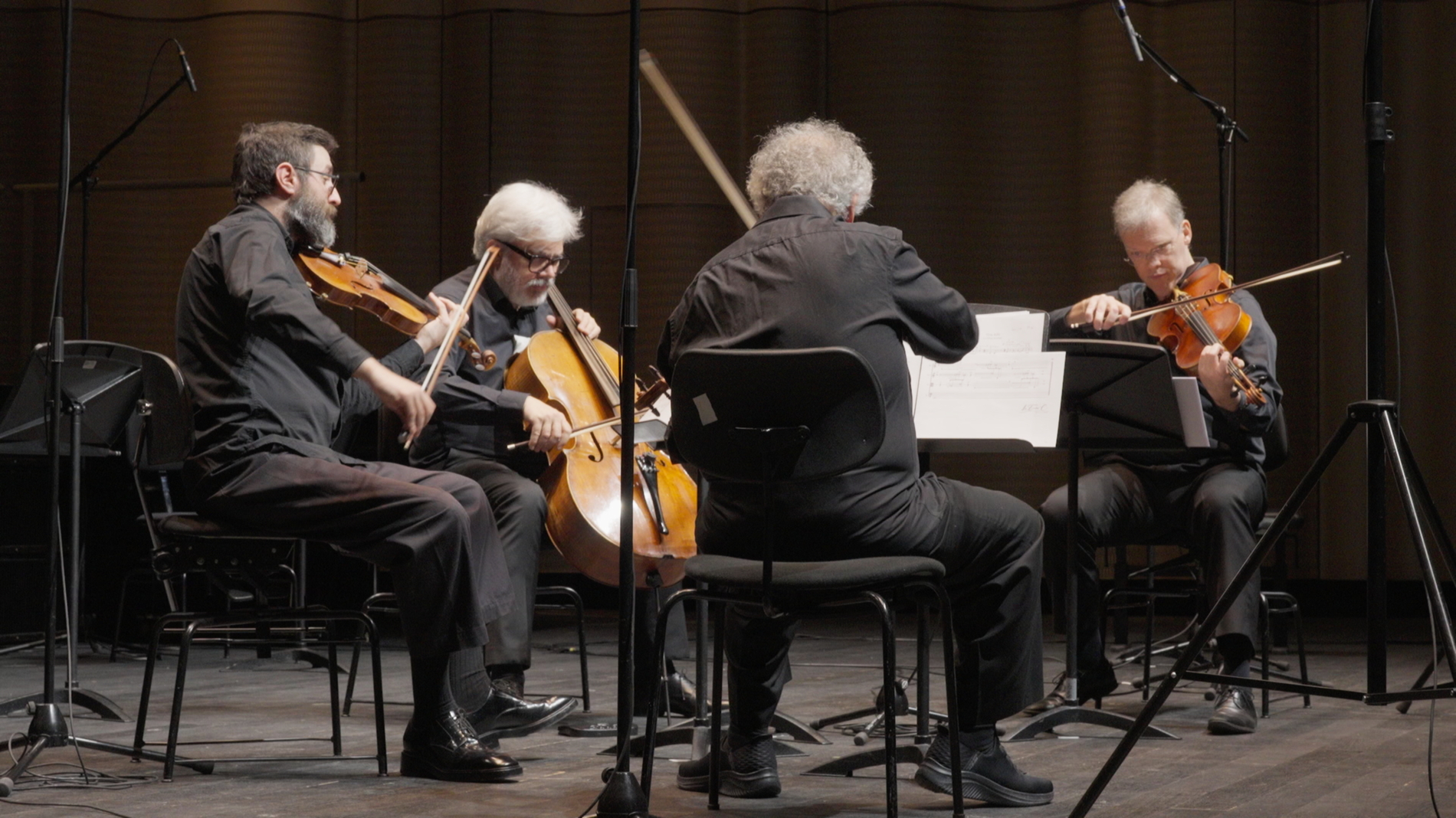
Translating notated ideas into sound as precisely as possible
In premières, the quartet always endeavours to translate the notated ideas as precisely as possible into sound. This applies just as much to big names as it does to young, yet unknown musicians, says Irvine Arditti. Several hundred string quartets have been dedicated to the ensemble over the past 50 years and the Arditti quartet has worked on most of them with the composers directly.
“I really want to play the piece the way you want it to sound,” he says again and again during rehearsals, for example to Andrzej Ojczenasz.
Ojczenasz clarifies any last-minute notation errors in advance. This is appreciated. For example, the cello should play an octave lower in the very first bar. “That’s a good start,” the musicians comment with a laugh.
His quartet Maris Stella is inspired by Gregorian chant. “The structure is based on the counterpoint of the chorale. I combine tradition with the present,” the composer explains.
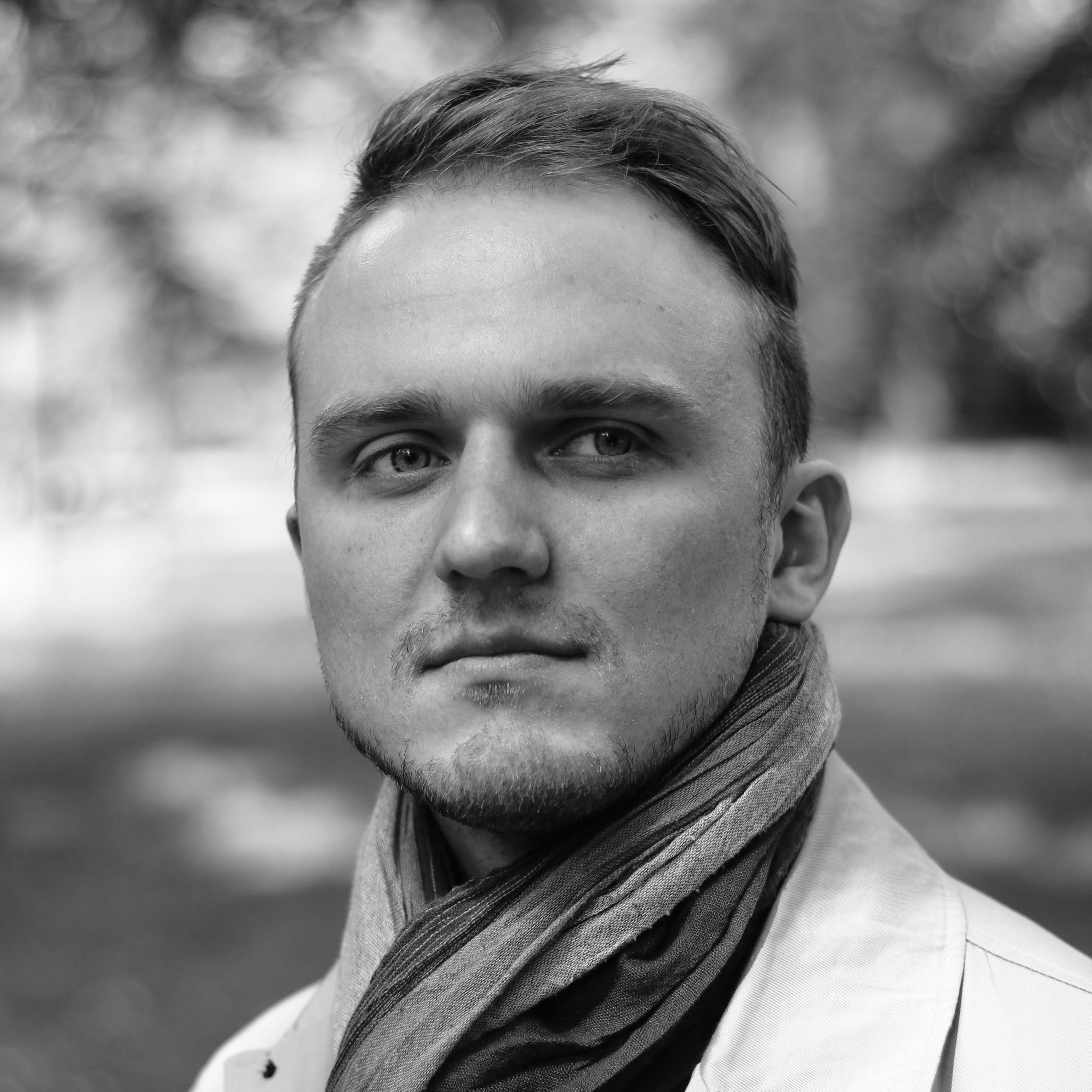
Ojczenasz comes from Poland. After studying at the Krysztof Penderecki Academy of Music in Krakow, he continued his education at the University of Louisville (USA) and is now completing a master’s degree in composition with Isabel Mundry.
Major notation errors may occur
Ashot Sargsyan uncovers a more serious notation error a little later: You have to write exactly what you aim to hear, he says. At the same time, you can feel that the musicians are convinced by the piece. The rehearsal atmosphere is trusting and Ojczenasz gladly accepts the correction.
Maris Stella by Andrzej Ojczenasz is based on Gregorian chant, recording of the première by Arditti Quartett, ZHdK, 1.3.2024.
Towards the end of the rehearsal, Irvine Arditti asks him as well if he liked it: “Yes, but…’”- He would also like to correct a few passages.
Ojczenaszs summarises his learning as follows: “Write it down precisely, then it will be played like that! And: always be honest with yourself and your message without wanting to portray someone else.”
Gabrielle Weber
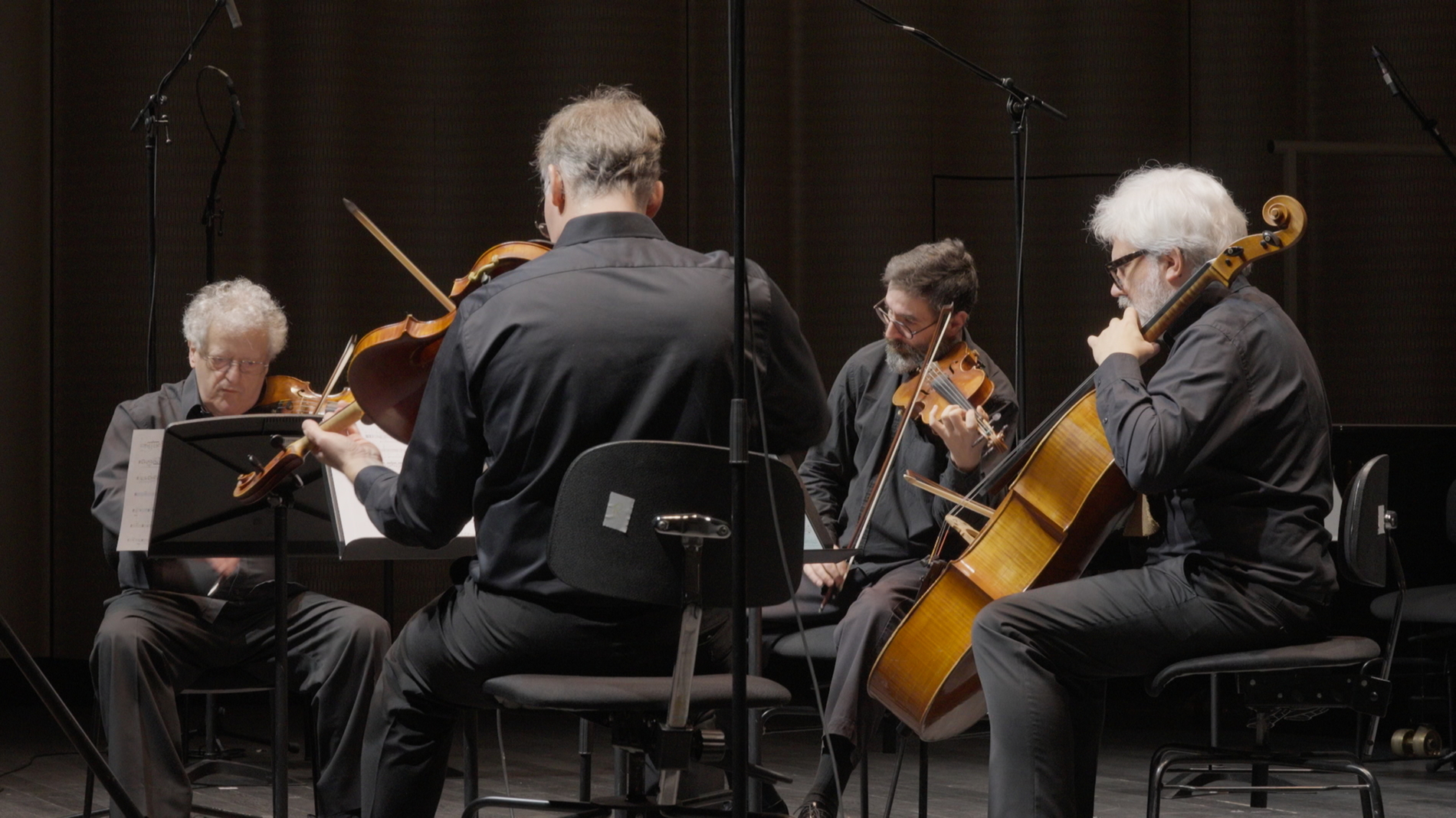
broadcasts SRF Kultur:
Musik unserer Zeit, 3.4.&14.8.2024: Streichquartett heute, Das Arditti Quartett orund der Nachwuchs, editor Gabrielle Weber
Neue Musik im Konzert, 3.4.&14.8.2024: Das Arditti Quartett im Konzert mit jungen Komponierenden, editor Gabrielle Weber
neo-profiles:
Arditti Quartet, Isabel Mundry, Franziska Eva Wilhelm, Andrzej Ojczenasz, Wojciech Chalpuka, Luis Escobar Cifuentes, Wenjie Hu, Amir Liberson, Nuño Fernández Ezquerra, Fabienne Jeannine Müller, Pengyi Li


